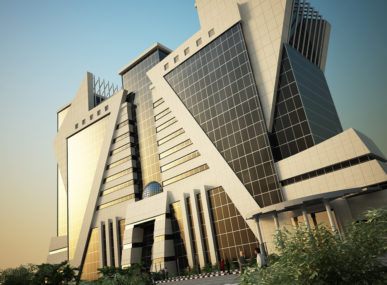Values and commitments: respect for humanity and the environment:
Zelij is based on cooperation and dialogue with its artisan partners, mainly based in Morocco. Zelij’s team vision is that of an open and supportive world in which responsible economy is combined with social and environmental progress.
They are committed to respecting the environment by providing their customers a collection of aesthetically pleasing, ecologically sound building tiles.
Already going big:
According to Badia Design Inc, an importer and distributor of traditional, contemporary and classic Moroccan and Middle Eastern furniture and antique pieces, “The Moroccan tiles market, through the years, has been rising due to its benefits and advantages over carpeting.”
Flooring products are in high demand, and the Zelij team firmly believes that they will be able to have that covered. “We rented a production unit in Tangier with a capacity of 3,000 m² per month,” Laalej said.
Hend Mezzour, a conscious citizen of Tangier and a follower of Zelij said, “Our world is changing and construction materials cannot be static. I’m happy to see such initiatives around.”
Although Zelij will not start deliveries until June 2017, it managed to attract customers and has registered orders from private individuals, estate developers and distributors of flooring products.
The startup has even caught the attention of the cement manufacturer Lafarge Holcim, which will exhibit Zelij’s products within its brand new innovation center in Casablanca.
The amount of plastic waste that Zelij needs exceeds 100 tons of waste per month. To meet these needs, the startup has its own collection network. “These sources of supply are enough for us to start, but we will have to develop our own collection network thereafter to accompany the rise in production,” said Laalej. “Zelij aims at reaching a production capacity of 40,000 square meters per month by 2020,” he added
Zelij has the ability to satisfy not only the Moroccan but also the international market by a plethora of products and expertise. With its aesthetically pleasing methods of covering a surface, Zelij seems to have moved out of its main sites of origin in Morocco and southern Spain to reach a global audience.
.
Website: https://zelijinvent.com




